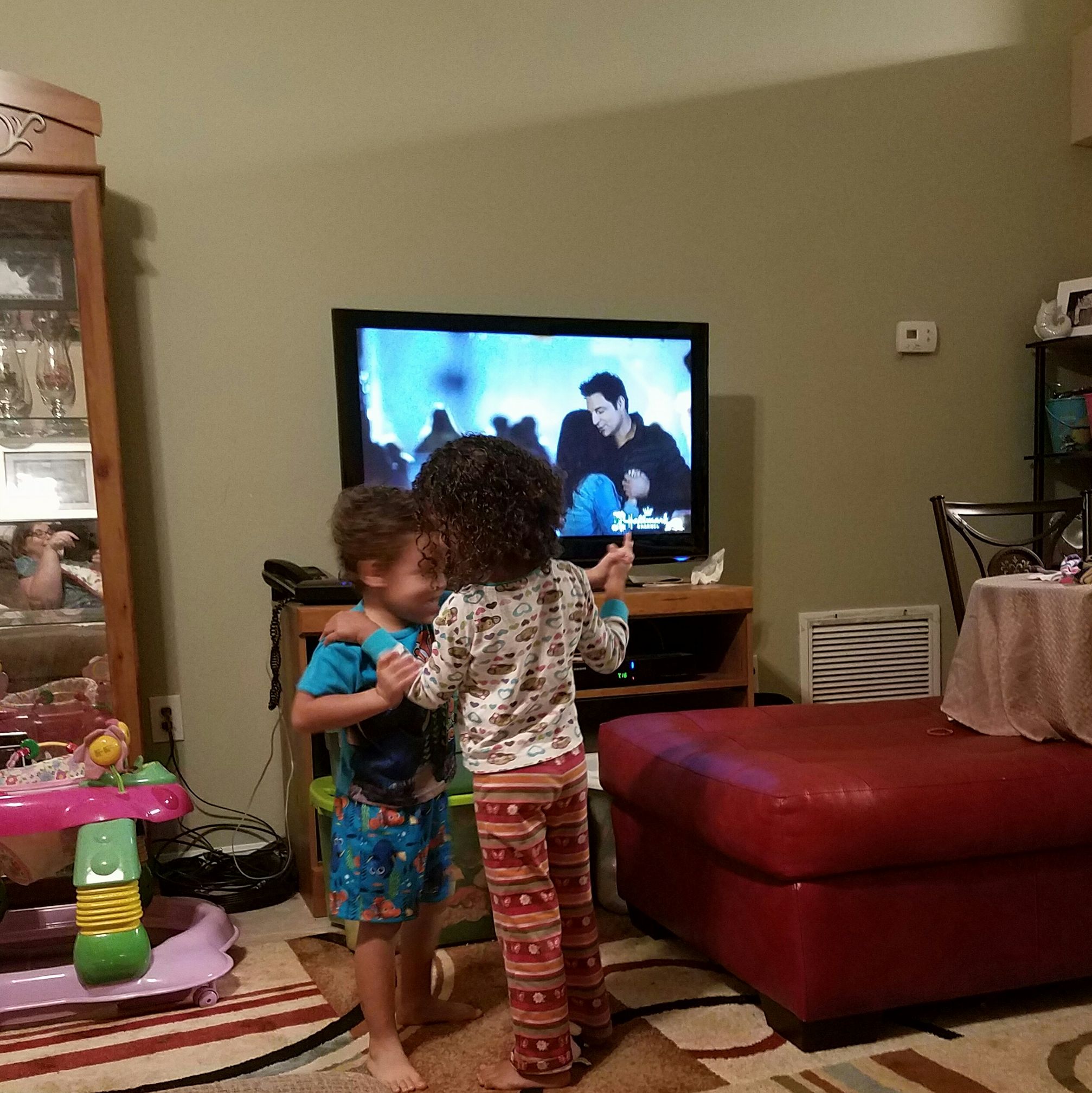Anyone with a school-aged child will understand the frustration of hearing the words “sure”, “fine”, and “nothing”, or better yet, a mumbled grunt. These are common responses parents receive when they ask their kids about day-to-day stuff like school, friends, or what they had for lunch.
Maybe you’ve had the experience of visiting your child’s classroom and noticed that children don’t seem to communicate the way you remember from your school days. Many modern kids are quieter and more withdrawn, even from each other.
It can be a struggle to teach kids social skills at the best of times. In today’s climate of remote learning, social distancing, and video games, it has become even tougher. In addition, not all children develop at the same pace. Having said that, there are solutions. Here are some simple tips to help your child develop better communication skills.
Social and Interactive Online Classes
Experts suggest leaning into the interests of your child to help them learn. Kids love being online. When meeting up for sports or other activities isn’t an option, an online meetup may fill the void. Getting together with other kids to do fun physical activities such as active online dancing for kids can be one way to encourage positive social skills.
Modeling Positive Social Interactions
You may think your child is not listening to you or paying attention, but they are. If you think back, you will remember how much you learned from the example of your parents. You can bet that they thought you were not listening to them either. Your kids are the same. Bring your children along to do errands. Allow them to sign in to their appointments or make small purchases at the store. These little interactions go a long way to giving kids confidence.
Choose Your Timing
Kids love to open up at bedtime (usually to avoid having to sleep). Make bedtime a little earlier and use the time to read, but also to have a good conversation with your child. You may be surprised at how chatty and receptive children are during this quiet time when their attention is focused on you.
















